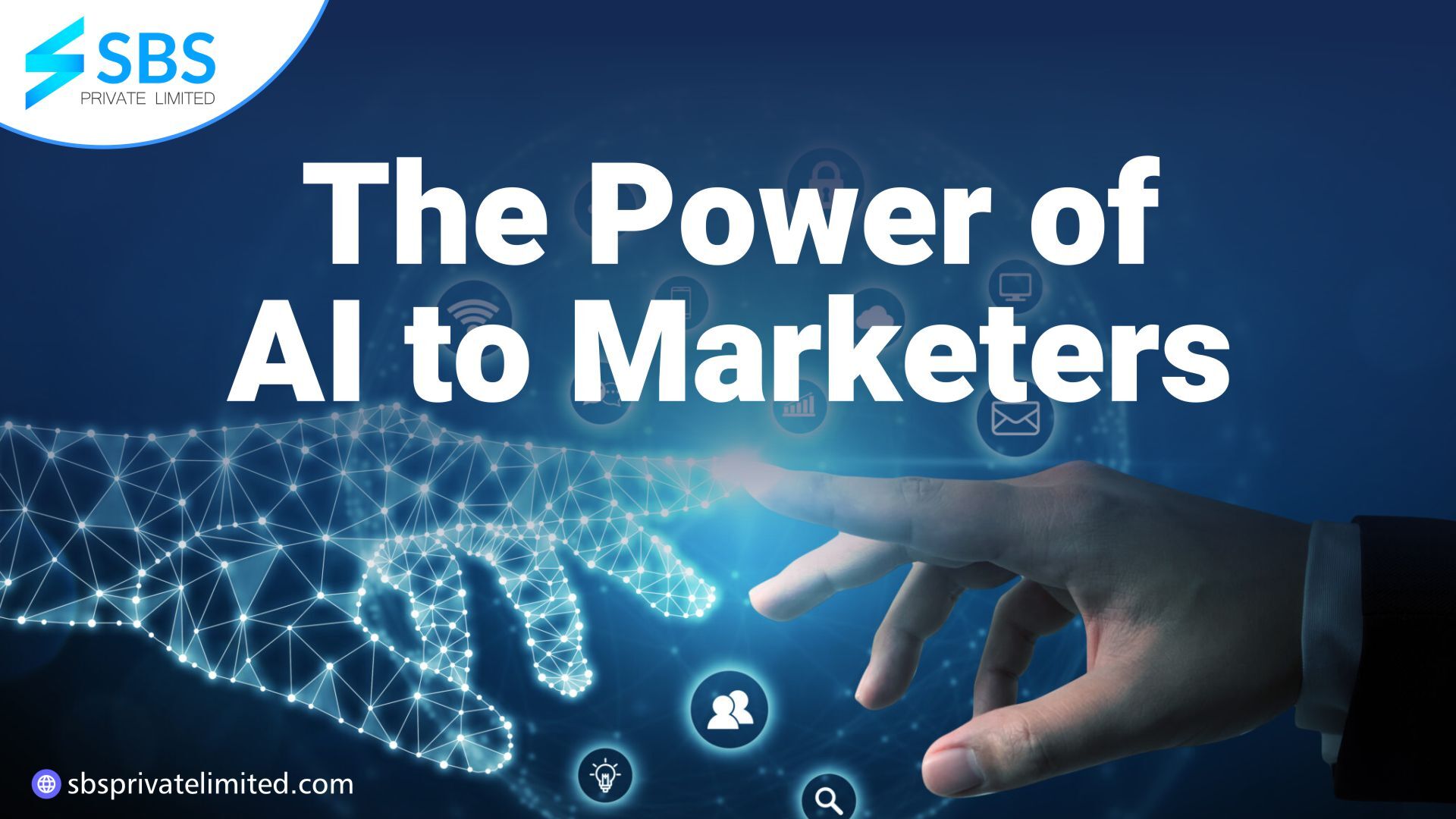Recent Posts

AI technology is advancing rapidly, offering marketers a range of powerful tools to enhance their strategies. Here are some key AI technologies that marketers can leverage:
1. Advanced Machine Learning
Machine learning, a subset of AI, enables predictive algorithms to become more accurate over time. By leveraging machine learning, marketers can identify relevant audience segments and predict creative elements that resonate most with those audiences. This helps optimise campaign performance and increase the effectiveness of marketing efforts.
2. Natural Language Processing
Natural Language Processing (NLP) empowers computers to interpret and analyse text and speech. This capability allows marketers to extract valuable insights from social media and other sources, such as consumer mood and personalities. NLP also facilitates the integration of automated communication software like chatbots, enabling personalised and interactive customer experiences.
3. Neural Networks
Neural networks form the foundation of advanced deep learning techniques. Marketers can utilise neural networks to discover complex patterns in customer behaviour, enabling highly targeted campaigns and personalised experiences. Neural networks can also optimise bid management, helping marketers strike the right balance between cost and ROI.
4. Computer Vision
Computer vision leverages AI to process, analyse, and recognize images, enhancing the creation of compelling creatives. By utilising computer vision, marketers can optimise visual content, accelerate creative development, and deliver engaging visual experiences to their target audience.
How AI Helps Marketers Make Better Decisions.
Marketers today face significant challenges, such as meeting customer expectations for personalised advertising while ensuring data privacy and complying with regulations. Fortunately, AI-powered solutions can help marketers overcome these challenges and provide highly personalised and engaging experiences while protecting consumer privacy. Here’s how AI can assist marketers in making better decisions:
1. Developing Better Creative at Scale
AI automation enables marketers to deliver high-performing, personalised creatives at scale. By utilising real-time consumer engagements and cookieless data signals, AI can optimise the creative process and develop relevant ads for different audience segments. For instance, IBM Watson Advertising Accelerator leverages AI to identify high-performing creatives and generate real-time permutations, ensuring the most relevant ads are served to audiences.
2. Targeting the Right Audience Without Cookies
Data management, analysis, and utilisation pose significant challenges for marketers, especially with the deprecation of third-party cookies. AI solutions address this challenge by leveraging anonymized data to understand consumers in their individual contexts. For example, IBM Watson Advertising Weather Targeting analyses location and weather data to anticipate consumer behaviour and deliver relevant messaging, all while ensuring consumer privacy.
3. Personalising the Marketing Experience
Personalization is crucial for delivering customer experiences that convert. AI tools such as natural language processing and machine learning have made scalable personalised experiences possible at a user-specific level. Brands can engage with large audiences through interactive marketing tools like IBM Watson Conversations, driving higher engagement and building stronger customer relationships.
4. Mitigating Advertising Bias
Advertising bias can negatively impact consumers and reduce the effectiveness of campaigns. AI can play a crucial role in automating the detection of bias that may go unnoticed by human eyes. By scanning for biases, AI-powered advertising can uncover hidden insights and create strategies that address each population fairly and effectively.
5. Adopting a Predictive Advertising Approach
In addition to identifying effective channels, messaging, and creative elements, brands need to anticipate the right time and audience to engage with. Taking a predictive approach means delivering personalised experiences by predicting consumer actions. This aligns with the growing consensus among advertising leaders that brands should adopt a predictive, rather than reactive, approach.
As marketers navigate the complexities of the advertising landscape, AI offers invaluable solutions to address challenges such as data deprecation, privacy concerns, and personalised advertising expectations. By leveraging AI technologies, brands can make better decisions, optimise their creative approach, target the right audience without relying on cookies, personalise marketing experiences at scale, mitigate advertising bias, and take a predictive approach to their advertising strategies. Embracing AI empowers marketers to stay ahead in the ever-evolving digital landscape and deliver exceptional results.

